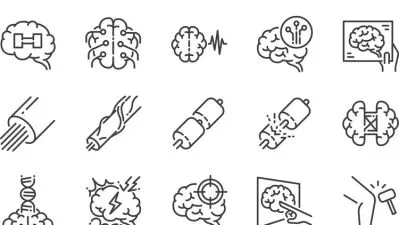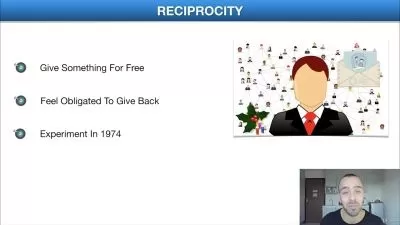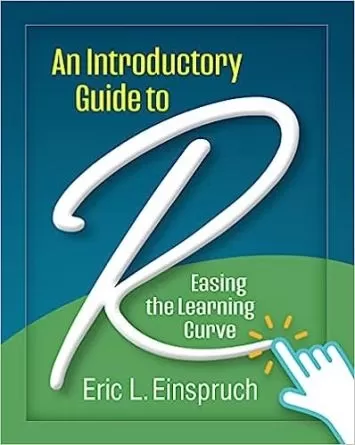About PsychologyLearn More
Psychology is the study of human thought and behavior. Udemy’s broad range of psychology courses includes child psychology, forensic psychology, persuasion psychology, the psychology of addiction, stress and anxiety management, and more. Whether you’re looking to learn for personal development or take accredited certificate courses, we’ve got you covered.
Sort by:
Sorting
The newest
Most visited
Course time
Subtitle
Filtering
Courses
Subtitle
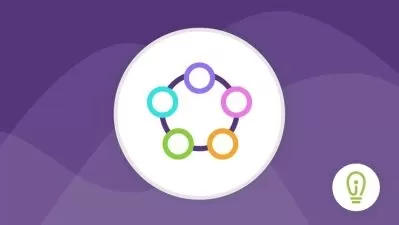
Udemy


Intellezy Trainers
DEI 101 & Uncovering Unconscious Bias 2-Course Bundle 44:21
English subtitles
08/08/2024

Udemy


Prof. Krishna N. Sharma, Ph.D.
Certification in EMDR Therapy for Trauma Healing 1:58:18
05/27/2024
Subtitle

The Great Courses


Daniel Breyer
The Power of Thought Experiments 11:55:21
English subtitles
12/18/2023
Subtitle

Linkedin Learning


Andrea Bonior
Positive Psychology for Less Stress and Happier Workdays 57:57
English subtitles
09/02/2023
Subtitle

The Great Courses


Lawrence Ian Reed
Understanding Human Emotions 5:19:05
English subtitles
08/19/2023
Subtitle
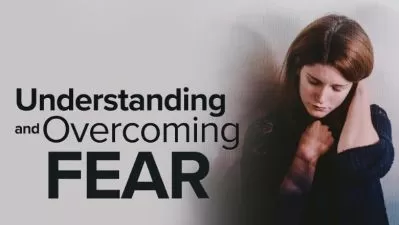
The Great Courses


Margee Kerr
Understanding and Overcoming Fear 11:37:32
English subtitles
08/18/2023
Books
Frequently asked questions about Psychology
Psychology is the scientific study of the human mind, how it works, and how it affects behavior. It represents a broad field that includes aspects of both the natural and social sciences. Psychologists seek to understand conscious and unconscious thought processes and behaviors, in addition to memories, dreams, emotions, perceptions, and beliefs. Conditions related to the mind can be challenging to diagnose and treat, as they seldom result in physical symptoms that can be seen or measured. Many theories of psychology, therefore, get based on observations of human thought patterns and behavior patterns. Within psychology, there are various branches, such as clinical psychology, cognitive psychology, developmental psychology, forensic psychology, and more.
A lot of different career paths are available to people interested in psychology. Individuals who understand human behavior get called on in various industries, such as healthcare, education, the military, and the social sector. Someone with a background in psychology may be able to get a job as a school counselor, an addiction treatment specialist, a human resources specialist, a life coach, a teacher, or even a business consultant. For instance, a psychology expert working in business may provide marketing executives with insight into the behaviors and motivations of their target market or may help them improve workplace performance. Someone with a psychology degree can also work in a research setting at a research agency, a private organization, or an academic institution.
Psychologists, especially those who work directly with patients, should demonstrate high levels of empathy, understanding, and trustworthiness. Good communication skills are essential to psychologists, who must practice active listening and be patient counselors. Individuals who have a genuine interest in understanding and helping other people may be well suited to careers in psychology. A robust, ethical core and the ability to set appropriate boundaries are also necessary, as psychologists must maintain a professional distance from clients and maintain client confidentiality. Treating clients with various cultural backgrounds or from marginalized communities also requires cross-cultural sensitivity by committing to diversity and understanding social constructs and systems of power.











